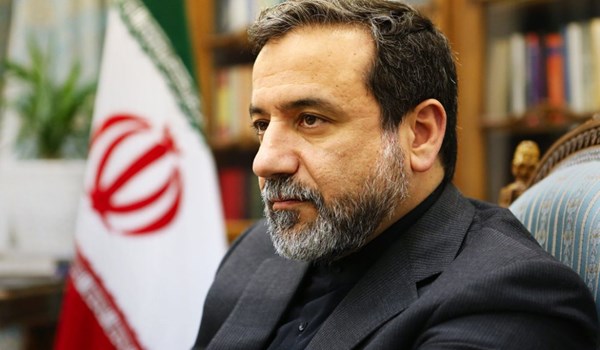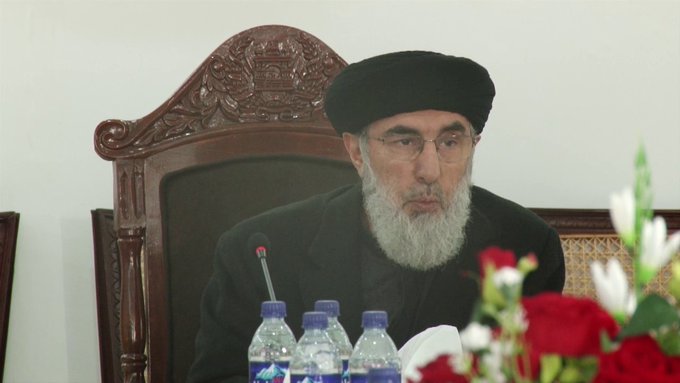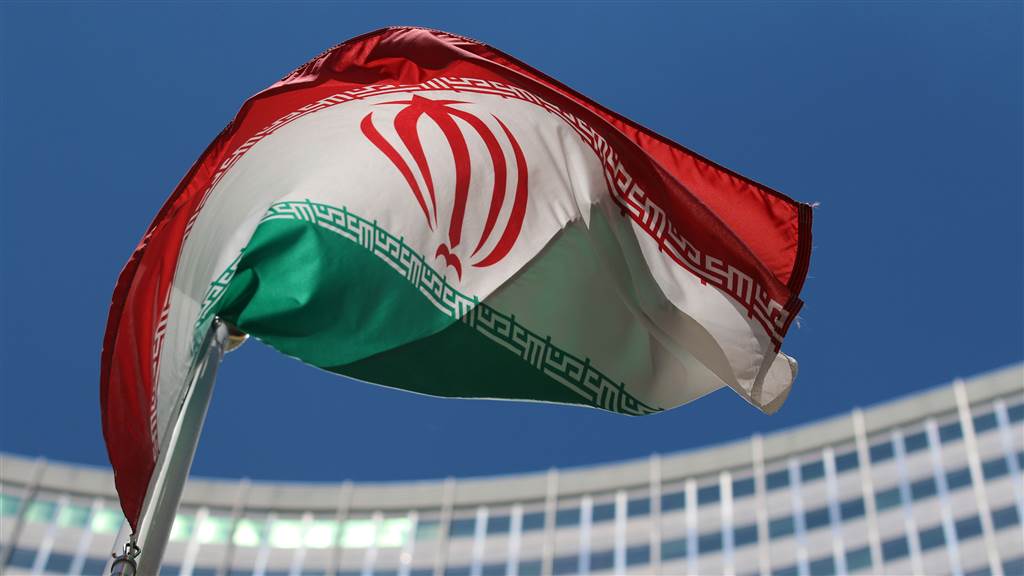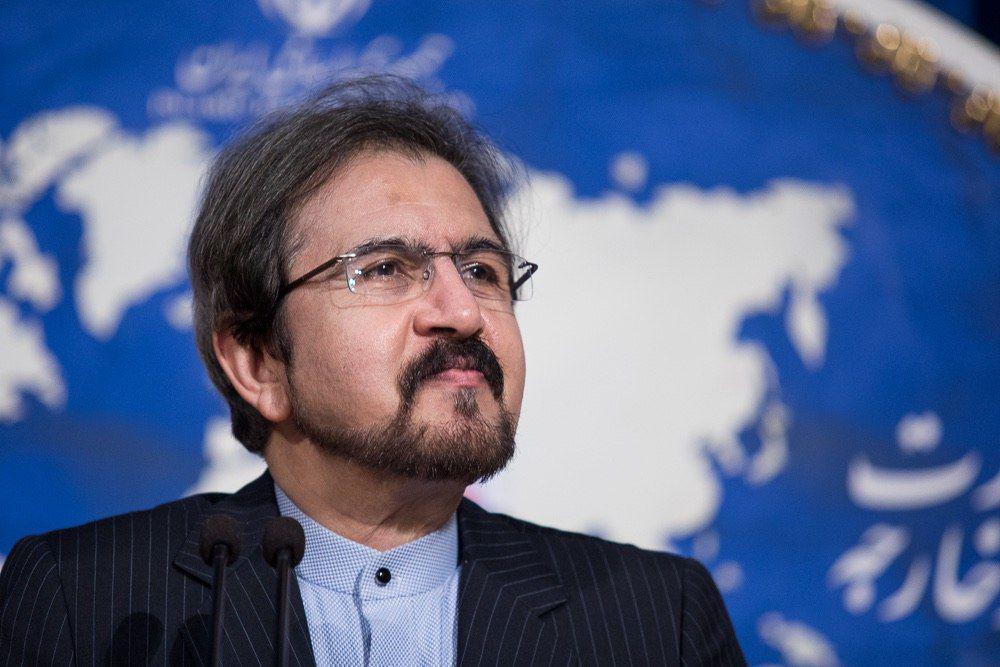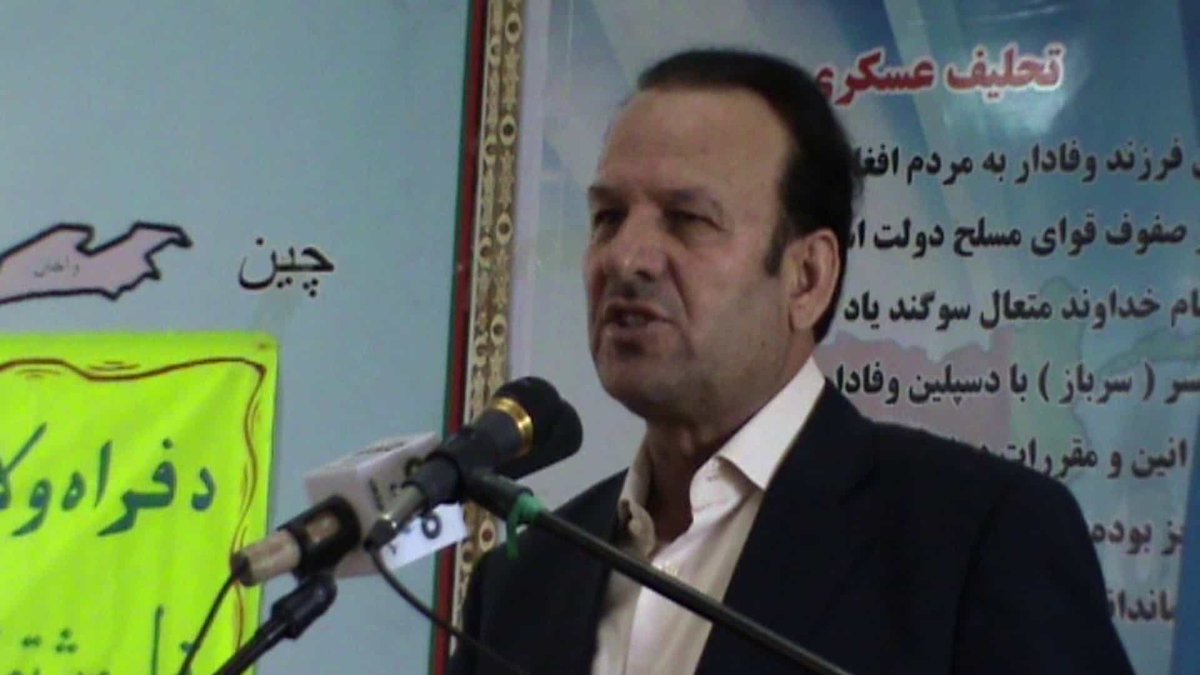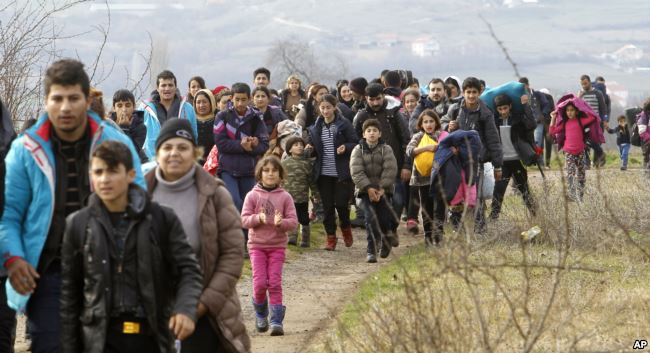Deputy Foreign Minister for Political Affairs Seyed Abbas Araqchi will officially visit Kabul in the next 2 weeks in a bid to discuss bilateral issues in economic, cultural and political areas, and finalize the Iran-Afghanistan strategic cooperation document, a spokesman said.
Publish dateTuesday 1 January 2019 - 02:48
Story Code : 176960
AVA- Iranian Foreign Ministry’s Spokesman Bahram Qassemi said on Monday that serious economic, cultural and political issues, as well other issues of mutual interest, will be discussed during Araqchi’s visit to Afghan capital city of Kabul.
The diplomat added that one of the issues to be dealt with on the visit will be the Iran-Afghanistan strategic cooperation document, which has five committees, two of which have not finalized their discussion yet.
As long as the writing of the document for long-term cooperation has already started, he hoped that Araqchi's visit to Afghanistan will be a long step toward preparing the document that should be signed by the presidents of the two countries.
Earlier on the day, Qassemi confirmed Iran’s talks with the Taliban to help the peace process, but meantime, stressed that negotiations with the Afghan group do not mean shared views or stances.
"A delegation from the Taliban was in Tehran yesterday and extensive talks were held at the foreign ministry with Deputy Foreign Minister for Political Affairs Araqchi," Qassemi said.
"The main goal of the negotiations is finding a solution and grounds to facilitate assistance to the talks between the Afghan groups and the government of this country to help the peace process in Afghanistan," he added.
Qassemi underlined that talks with the Taliban "do not necessarily mean that Iran's positions are similar to those of the group", and expressed the hope that negotiations could yield results for the Afghan nation and establish security and stability in the country.
He also emphasized that the Afghan government was informed of Iran's talks with the Taliban, and added, "We are not the only country which has held talks with the Taliban and many other states also have interactions with them."
His remarks came as earlier this month the Pentagon acknowledged Iran’s key role in restoring peace and stability to war-torn Afghanistan, backtracking on Washington’s earlier claims that Tehran supports the local Taliban militant group.
“Iran seeks a stable Afghan government that is responsive to Iranian goals, the elimination of ISIS-K, the removal of the US/NATO presence, and the protection of Iranian concerns, such as water rights and border security,” the US Department of Defense said in a report sent to Congress.
The Pentagon also admitted Iran’s influence in Afghanistan, saying that Tehran pursues “a multitrack strategy” of engaging with the Afghan government and seeks to boost bilateral economic ties with Kabul.
The diplomat added that one of the issues to be dealt with on the visit will be the Iran-Afghanistan strategic cooperation document, which has five committees, two of which have not finalized their discussion yet.
As long as the writing of the document for long-term cooperation has already started, he hoped that Araqchi's visit to Afghanistan will be a long step toward preparing the document that should be signed by the presidents of the two countries.
Earlier on the day, Qassemi confirmed Iran’s talks with the Taliban to help the peace process, but meantime, stressed that negotiations with the Afghan group do not mean shared views or stances.
"A delegation from the Taliban was in Tehran yesterday and extensive talks were held at the foreign ministry with Deputy Foreign Minister for Political Affairs Araqchi," Qassemi said.
"The main goal of the negotiations is finding a solution and grounds to facilitate assistance to the talks between the Afghan groups and the government of this country to help the peace process in Afghanistan," he added.
Qassemi underlined that talks with the Taliban "do not necessarily mean that Iran's positions are similar to those of the group", and expressed the hope that negotiations could yield results for the Afghan nation and establish security and stability in the country.
He also emphasized that the Afghan government was informed of Iran's talks with the Taliban, and added, "We are not the only country which has held talks with the Taliban and many other states also have interactions with them."
His remarks came as earlier this month the Pentagon acknowledged Iran’s key role in restoring peace and stability to war-torn Afghanistan, backtracking on Washington’s earlier claims that Tehran supports the local Taliban militant group.
“Iran seeks a stable Afghan government that is responsive to Iranian goals, the elimination of ISIS-K, the removal of the US/NATO presence, and the protection of Iranian concerns, such as water rights and border security,” the US Department of Defense said in a report sent to Congress.
The Pentagon also admitted Iran’s influence in Afghanistan, saying that Tehran pursues “a multitrack strategy” of engaging with the Afghan government and seeks to boost bilateral economic ties with Kabul.
Source : خبرگزاری Afghn Voice Agency(AVA)
avapress.net/vdciqqazut1ay32.ilct.html
Tags
Top hits
